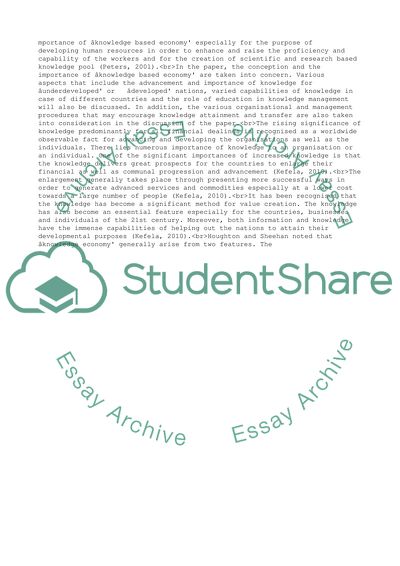Cite this document
(Issues in Business Essay Example | Topics and Well Written Essays - 1750 words - 1, n.d.)
Issues in Business Essay Example | Topics and Well Written Essays - 1750 words - 1. https://studentshare.org/macro-microeconomics/1767111-issues-in-business
Issues in Business Essay Example | Topics and Well Written Essays - 1750 words - 1. https://studentshare.org/macro-microeconomics/1767111-issues-in-business
(Issues in Business Essay Example | Topics and Well Written Essays - 1750 Words - 1)
Issues in Business Essay Example | Topics and Well Written Essays - 1750 Words - 1. https://studentshare.org/macro-microeconomics/1767111-issues-in-business.
Issues in Business Essay Example | Topics and Well Written Essays - 1750 Words - 1. https://studentshare.org/macro-microeconomics/1767111-issues-in-business.
“Issues in Business Essay Example | Topics and Well Written Essays - 1750 Words - 1”. https://studentshare.org/macro-microeconomics/1767111-issues-in-business.


